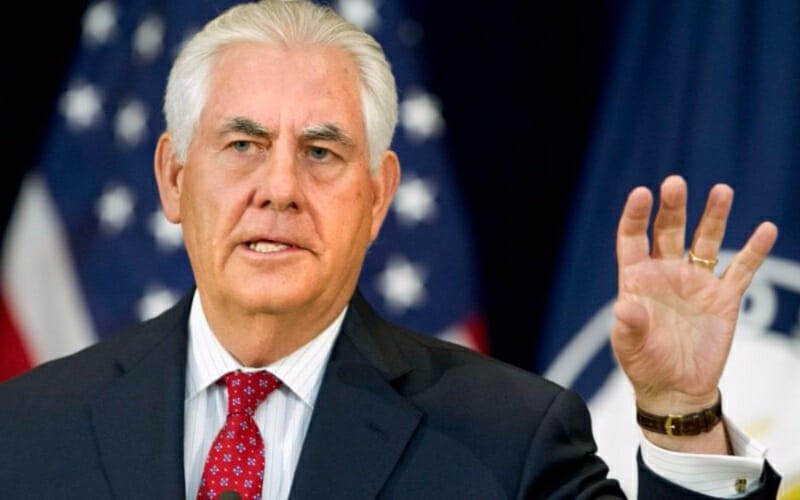
How the U.S. Government is Enabling the Saudi Embargo of Qatar
Almost four months have passed since Saudi Arabia, the UAE and Bahrain severed relations with fellow GCC member state, Qatar, over its alleged ties to Iran and Islamist organizations in the Middle East. The U.S. is mediating the conflict, but President Trump’s overt support for Saudi Arabia undermines any legitimate efforts at reconciliation. The week before the conflict began, President Trump traveled to Saudi Arabia and solidified ties between the two countries with a $110 billion arms deal. This sale gave Saudi Arabia the green light to act with impunity against Qatar. Since then, Secretary of State Rex Tillerson’s attempts to coax Saudi Arabia to the negotiating table have failed.
Uncritical U.S. support for Saudi Arabia helped enable the current GCC embargo against Qatar. The president, the State Department and the Defense Department need to unite in tougher rhetoric against Saudi Arabia to show Saudi Arabia that it does not have a carte blanche in the region, and to end the GCC embargo.
Saudi Arabia is one of the United States’ closest allies in the Middle East. It is a strategic partner to the U.S. in the fight against ISIS, and an important counterbalance to Iranian influence. The United States also has close military ties with Qatar. Doha houses approximately 10,000 U.S. forces and is home to the regional headquarters of U.S. Central Command (CENTCOM). Qatar also controls the third largest natural gas reserve in the world, making it an important player in the global energy market. Stable relations with both countries are crucial to U.S. security interests in the region.
The United States should demand that the Saudi government address funding of international terrorist networks from within Saudi Arabia, and it should pressure Saudi Arabia to work with Qatar to bring a quick end to the embargo.
This approach will empower U.S. mediation efforts. Despite Saudi and Qatari differences, they are bound together by their mutual dependence on security ties with the United States. This provides the U.S. government with considerable leverage. By urging Saudi Arabia to address its financing of terrorist groups, the U.S. will show Qatar that it holds both of its allies to the same standards. Taking a tough stance on Saudi policy will level the playing field and empower U.S. mediation efforts.
Tougher rhetoric towards Saudi Arabia will also maintain regional stability. Egypt’s weakness after the fall of Mubarak, and Syria’s collapse into civil war continue to undermine security in the Middle East. Saudi Arabia and the other Gulf states are now the United States’ strongest and most stable allies in the region. Putting diplomatic pressure on Saudi Arabia is the safest way to ensure favorable outcomes without risking the backlash that would result from economic or military sanctions.
Finally, these efforts will reaffirm U.S. commitment to counterterrorism. Part of the reason for the embargo against Qatar is Doha’s alleged ties to Islamist organizations such as Hamas and the Muslim Brotherhood. Saudi funding of terrorist groups such as the Taliban, al-Qaeda affiliates and Jabhat al-Nusra also needs to be addressed. This policy will hold Saudi Arabia and Qatar to the same standards and assert U.S. commitment to counterterrorism.
Some members of the current U.S. administration fear that isolating Saudi Arabia will strengthen Iranian influence. This is not the case. The $110 billion arms deal reaffirms the U.S. strategic commitment to Saudi Arabia in the wake of tougher rhetoric. Iranian support of Shi’a communities in the Gulf is concerning to the U.S., but it is unlikely to worsen due to a tougher U.S. stance on Saudi Arabia. In fact, Iranian influence is increasing because of the split within the GCC. Iran is currently sending shipments of food to Qatar, and will continue to provide support to fill the Saudi vacuum. Any U.S. initiative to end the conflict will curb Iranian influence.
The United States needs to ensure a swift end to the GCC embargo of Qatar. If unwavering U.S. support for Saudi Arabia helped create the embargo, restrained support will help lift it. A U.S.-mediated solution will help preserve stability in the Gulf, protect vital U.S. interests, and promote regional peace.

